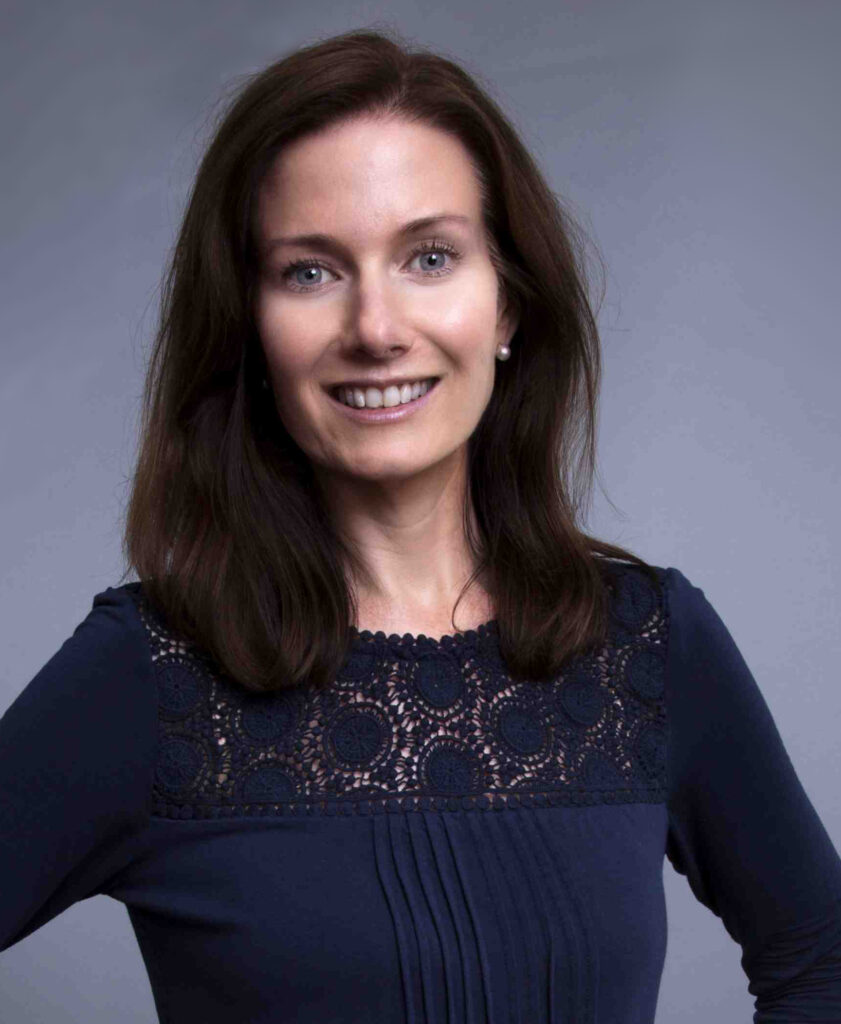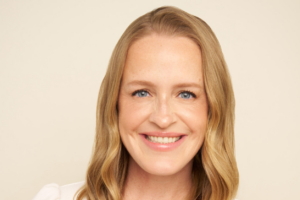Giving your employees space opens a new way of thinking about the workplace
A managing partner at Finn shares tips on workplace well-being and sailing through a storm.

Kristie Kuhl’s foray into healthcare communications began during college when she was working part time in a doctor’s office and observed how doctors and patients communicated.
“There was a lot of fear,” says Kuhl. “A doctor may say, ‘we see something strange with your mammogram’ and the patient gets very upset and they hear something different” than the doctor intended. “How you communicate information has a tremendous impact on emotional health.”
Kuhl, who is Managing Partner at Finn Partners and head of NY Health, Chicago Health and US health product communications, counsels a wide range of clients on issues ranging from biotech to dietary supplements to medical devices. After getting a law degree, she found her place in healthcare comms, joining Finn five years ago after working at Cohn & Wolfe and Makovsky.

From her early days working in a doctor’s office to her current position leading a team and advising clients, Kuhl takes an empathetic approach to communication. She spoke to Ragan from her home in Fairfield, Conn., about employee wellness, a return to science-based decisions and communicators’ role in effecting change.
Mind your meetings
“Companies are recognizing the importance of their employees’ mental and physical health,” says Kuhl, who manages a team of about 25 PR professionals. “These days, we are finding out if we’re really on a team—hard times show if you’re on a strong team or a weak one.”
Kuhl says leaders need to focus on workplace wellness and fostering a safe environment for employees to speak up and share their vulnerabilities. “An employee should be able to say: ‘Today is not a good day for me,’ and you need to give them space.”
Video meetings are inevitable during this time of remote work for many, and Kuhl offers a few pointers to make these interactions meaningful, such as casually checking in with your team weekly, knowing their pain points and personal tidbits such as what kind of pet they have or how they’re enjoying a certain fitness trainer. The firm has hosted team trivia nights with fake, extravagant prizes, such as singing with Taylor Swift on her next album.
Kuhl is also mindful of the many distractions impacting her team. During the Jan. 6 insurrection in the nation’s capital, Kuhl sent a note to her team acknowledging the crisis and lending her support to the team. “There was the Civil War and the War of 1812 but we never actually lived through something like this. It was incredibly upsetting to everyone.”
Being on-call 24/7 with your colleagues is now akin to using the rotary phone. “We need to be open to the new way of working, allowing employees to take a yoga break in the middle of the day, for example,” she says. “We need to bring our full selves to work. When we’re better people we’re better colleagues.”
‘Don’t wait to be invited to the table’
For too long, communications has been treated as a discipline that fixes things, a bullet point in a marketing plan. Kuhl is a firm believer in getting in on the ground floor of the business decisions. “We have to demand to be at the table and not wait to be invited,” she says.
She encourages communicators to be intentional about building relationships with senior management. Do that by getting on their calendar, setting up the meeting and showing up. “Share what you’re thinking and demonstrate that you can give sound advice,” she says.
A return to science
Kuhl is optimistic that a “return to science” in our country will help accelerate our healing, literally and figurately. The anti-vaccination movement, she says, points to confirmation bias (favoring information that supports your own beliefs) being a real thing that needs to be addressed.
To encourage citizens to get vaccinated, says Kuhl, “you can’t just use logic. You want to get people accurate information but there’s also an emotional component. You want to talk about what it means to care for others, and to showcase other people they admire who are getting vaccinated. That really resonates.”
A day in the life
A typical day for Kuhl during lockdown includes reading the healthcare and financial trades and planning beyond the day or week. “We get so caught up in what’s happening today, we don’t make time to study and plan.”
With business travel on hold, she’s been able to spend more time with her family, which includes two sons, ages 15 and 18, a dog and husband. Regardless of the weather, she makes sure to take a daily walk outside, when she can listen to one of her favorite podcasts (Fat Mascara, The Art of Being Well or Obsessed with Disappeared). She alternates between heavy and light reading, having just finished “Germany: A Nation in Its Time” and is now onto “chic lit” author Sophie Kinsella’s “Surprise Me.”
Sharing some worst and best advice, Kuhl recalls the misguidance by an elderly man who commented that she shouldn’t attend law school “because I was already engaged to be married.”
Best advice comes from her dad. She was 12 years old and on a sailboat with her family during a storm. She got scared. Her dad told her, “You’re allowed to be afraid but you’re not allowed to let your fear cause you to let your team down.” She got the sail down so the boat didn’t capsize. She broke a toe but gained a lifelong lesson.
Part of our collection of Top Reads of 2021.






